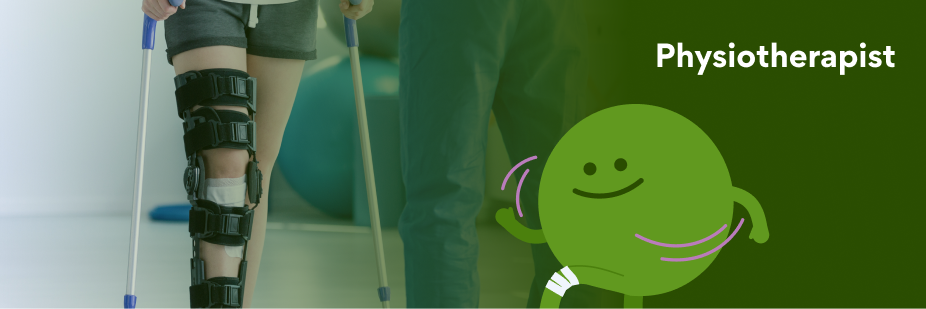Available locations
- Adelaide
- Brisbane
- Canberra
- Hobart
- Melbourne
- Perth
- Regional New South Wales
- Regional Queensland
- Regional Victoria
- Sydney
44
Available for Physiotherapy, Occupational Therapy and Rehabilitation
$79K
For graduate occupational therapist
5-year projection
A Graduate Physiotherapist is a healthcare professional specialising in physical rehabilitation. Working within hospitals, clinics, or private practices, Graduate Physiotherapists play a pivotal role in helping patients recover from injuries, surgeries, or illnesses. They employ a combination of manual therapy, exercises, and education to improve patient mobility, alleviate pain, and enhance overall well-being.

In the initial six months as a Graduate Physiotherapist, your experience will involve a blend of learning, practical application, and professional development. During this period, you will obtain orientation and training on the healthcare facility, its protocols, and the specific department you will be working in. You will also undergo supervised practice, working closely with experienced physiotherapists to apply your theoretical knowledge in real-world scenarios. As a Graduate Physiotherapist, you will develop effective communication skills and establish rapport with patients to create a supportive therapeutic environment.
Discover when job applications for physiotherapy, occupational therapy and rehabilitation graduate positions and internships opens for the past 12 months
Available locations

Available locations

Available locations

Search
Enter an employer or university you want to find in our search bar.